Rev. Dennis Landry, a retired minister in North Bay, Ont., was diagnosed with dementia in 2012. Along with his spouse, Donna, he is promoting the Alzheimer Society’s Blue Umbrella program, which teaches community groups how to be inclusive and communicate with people with dementia. A number of nearby churches, including their home base of St. Andrew’s United, signed up.
On his first signs of dementia:
Dennis: [Before I was diagnosed, I was a minister at Chalmers United in South River, Ont.] The whole congregation started talking to me when I was up there preaching — they were filling in the blanks in my sermon. I didn’t even know there was a blank. It was pretty nifty.
You may unsubscribe from any of our newsletters at any time.
On the hard parts:
Dennis: You really get mixed feelings when they stop you from driving. Everything falls apart for a while, and I probably told Donna off more than I should have. But now, I really enjoy being in the passenger’s seat because I can have a look around. Finding the energy to keep going, that might be one of the most difficult things.
Donna: Dennis lost a lot of weight; the doctor said he was using so much energy in thinking, finding words.
On mortality:
Dennis: Thinking about how am I going to die is a big turn. God is much better now. I get angry with people you hear on the radio who are looking for a quicker way out to death. There’s a lot of that going on right now, and I think there should be more trust in God. We’re not just here to die, but to find our place in life right now. We need to turn from the crap and go to God.
On spending time together:
Donna: We have always been very close and did a lot of things together. We still do a lot of things together.
Dennis: On Monday, we go to a group that starts off with an activity like painting, but we do mostly a lot of talking — that is the most important thing. It brings our memory back for a while, for a moment. It is kind of neat. Wednesday is Minds in Motion, an event for people with dementia. The first half is exercise, and I hate exercise, but the other half is having fun with a game. It really unites us. Thursday is art. Friday is the best thing in the world — breakfast club.
On what makes a congregation dementia-friendly:
Dennis: It’s inclusivity. I can go in with my magnifying glass and turn it on, and I get two or three people saying, “no big deal.” Everybody knows my name almost, even if I don’t know theirs.
On promoting the Blue Umbrella program:
Dennis: If I see someone in a store who looks like one of the owners, I will go and talk to them [about the program] when they are alone. And the surprise is, sometimes they start telling me about how their mother or father had dementia.
Donna: One owner called up the Alzheimer Society after and asked for training.
Dennis: Dementia is not the end. If we work on it, it can be quite fun.
This interview has been condensed and edited.
It first appeared in the May 2019 edition of Broadview with the title “Dementia is not the end.” For more of Broadview’s award-winning content, subscribe to the magazine today.

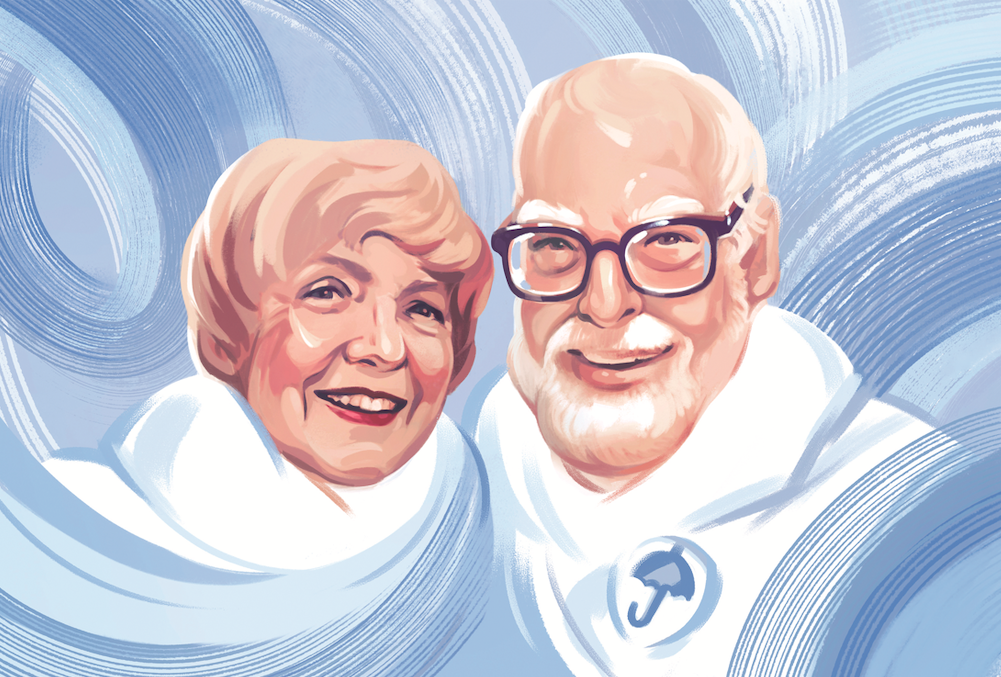






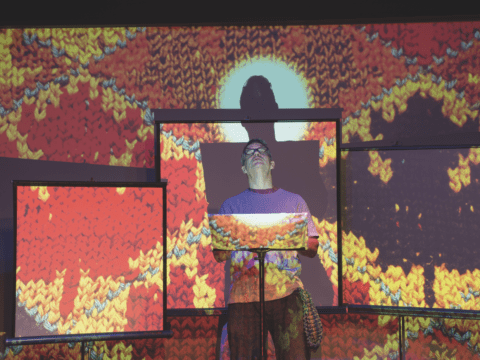
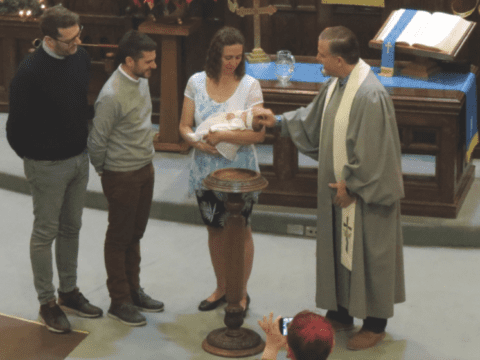
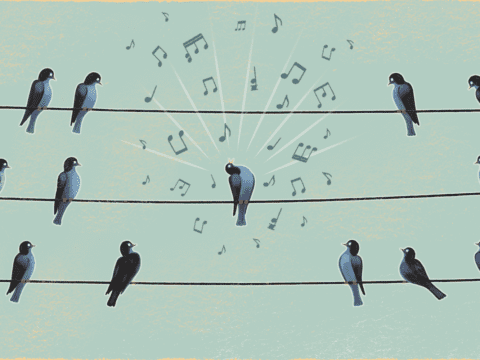

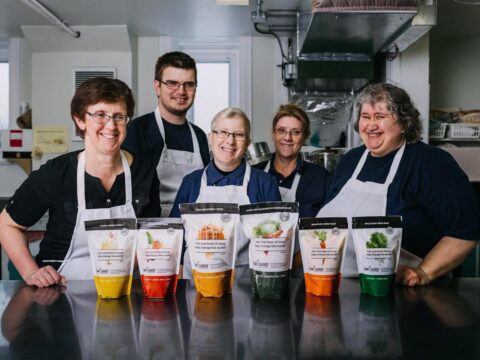
This is interesting and enlightening. Both the client and partner/caregiver need understanding as changes occur.
I was fortunate enough to have Dennis as a Supervisor in 1980 and
boarded with the family for the summer.
They both taught me so much about living in faith in the larger community. I’m sure they will meet the challenges of dementia with grace, dignity, music and humour. Their willingness to talk openly about a situation which is often feared, hidden and misunderstood is a blessing for many. They are forging a path which others may follow.
Karen, thanks for these kind words. Hugs, Donna
Dear Donna and Dennis
Your story is so similar to Bain and mine. Bain is an Anglican priest and when I typed his sermon’s at the end of his career I had to ask him to make corrections. We did the Minds in Motion program 3 times is was a program for US. we wish you all God’s best. Lynda Peever